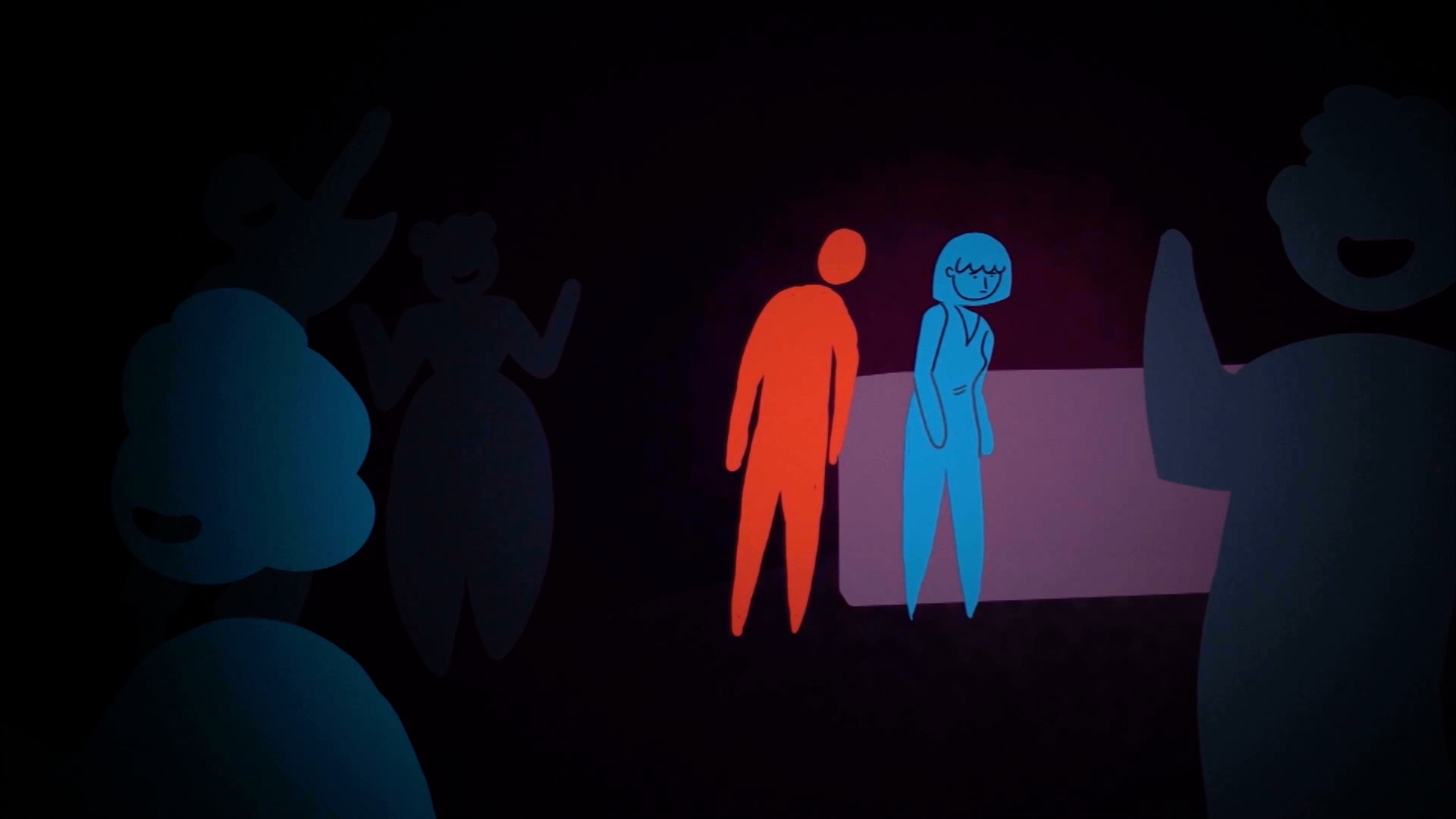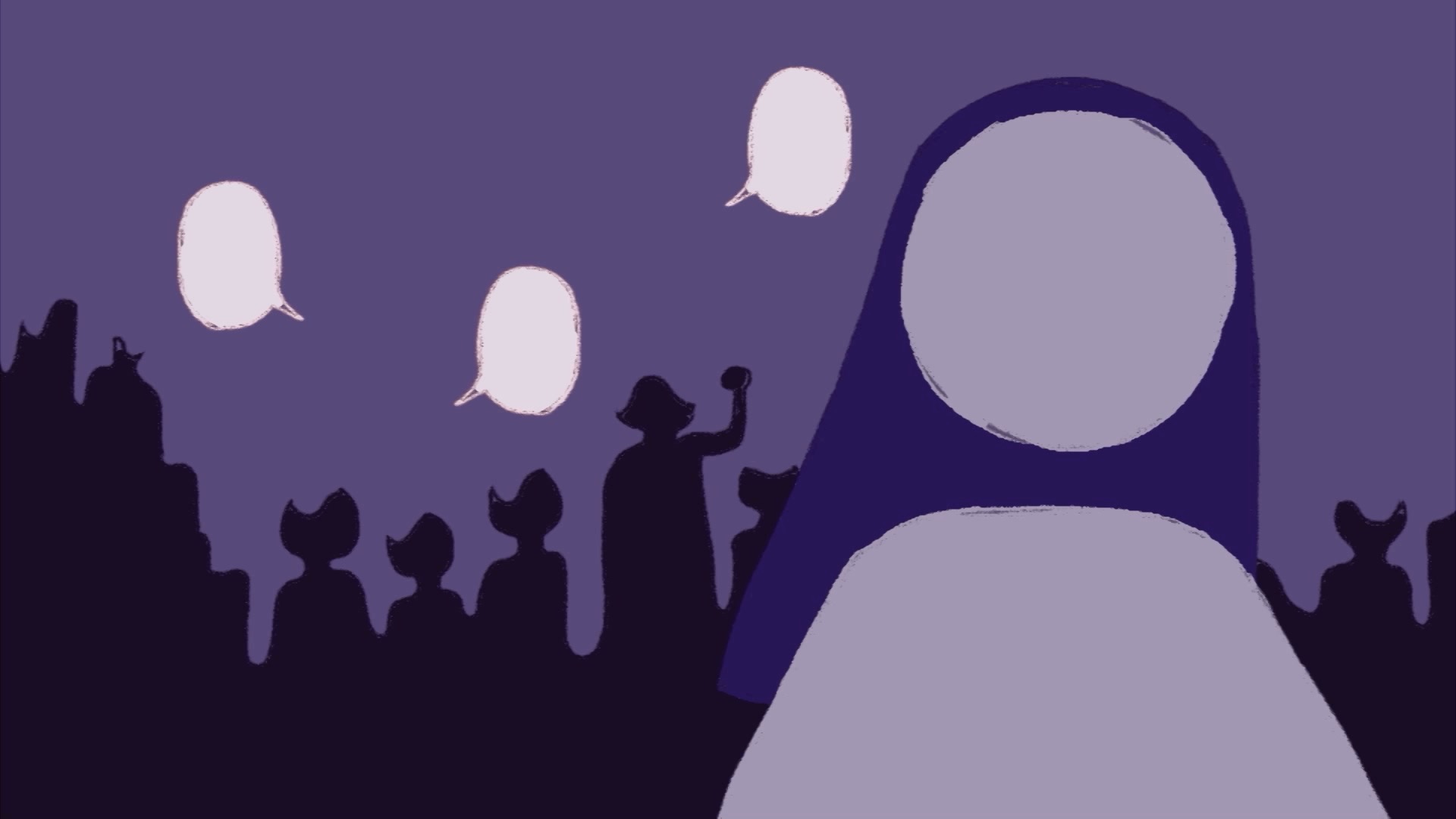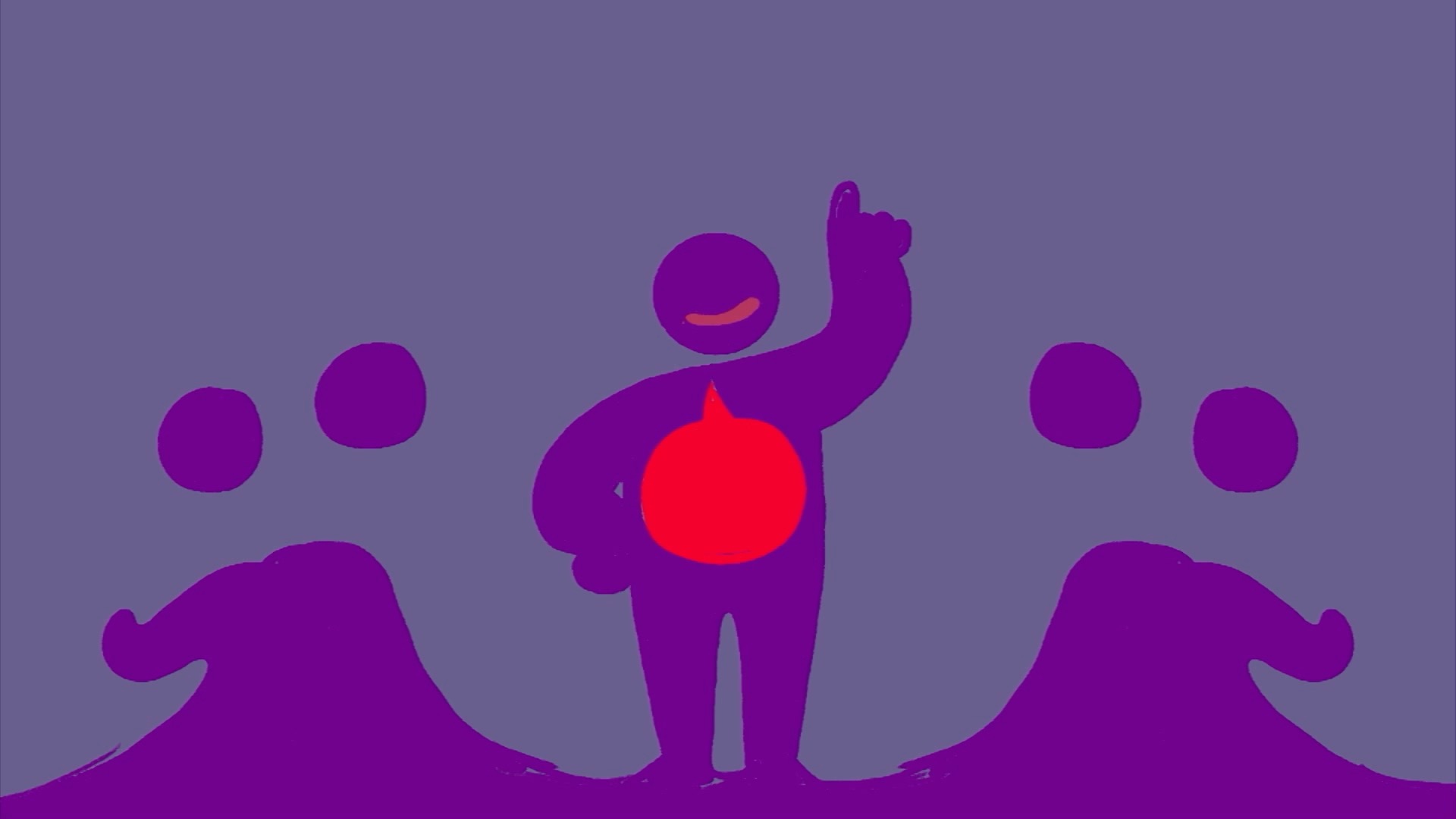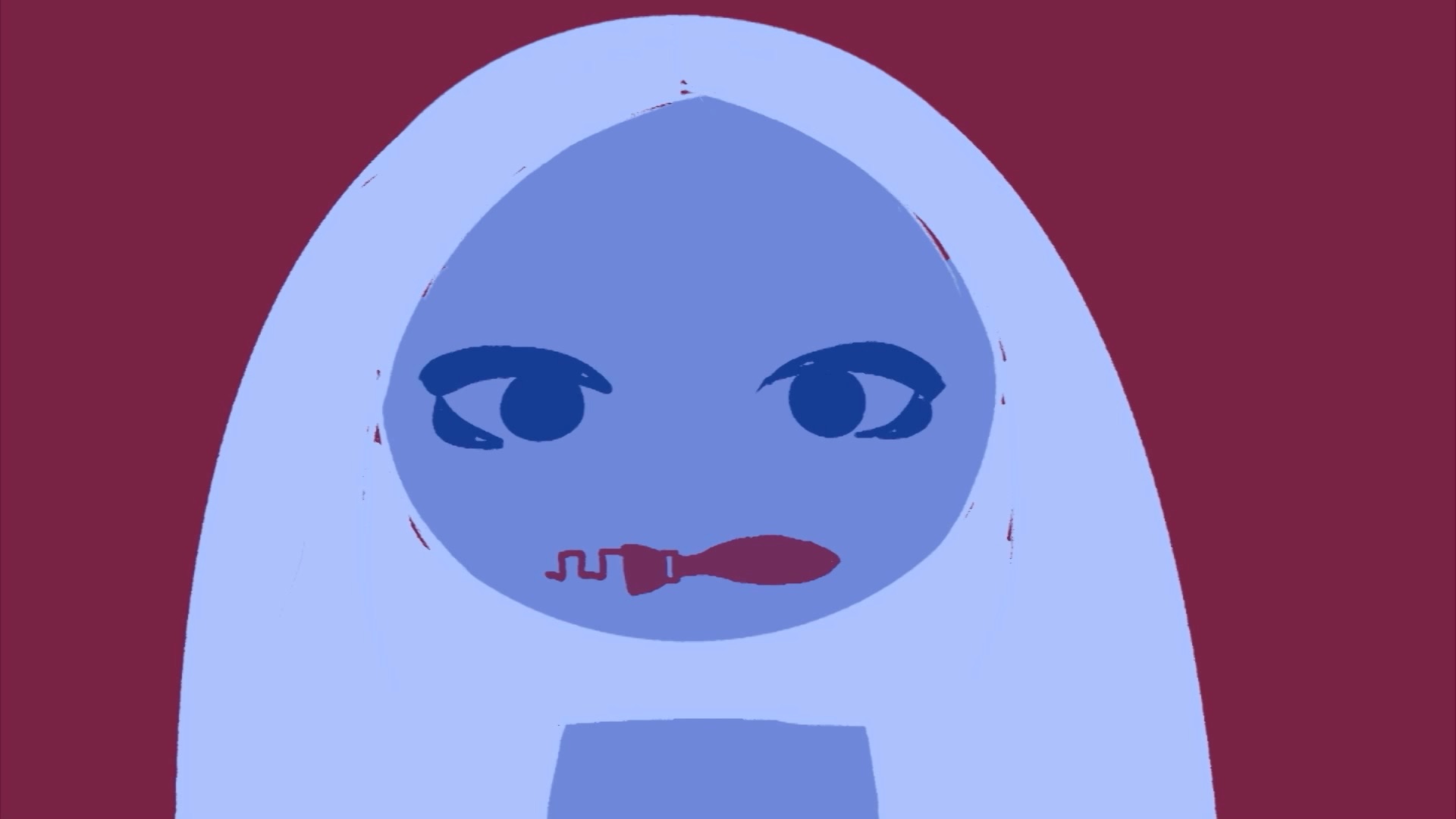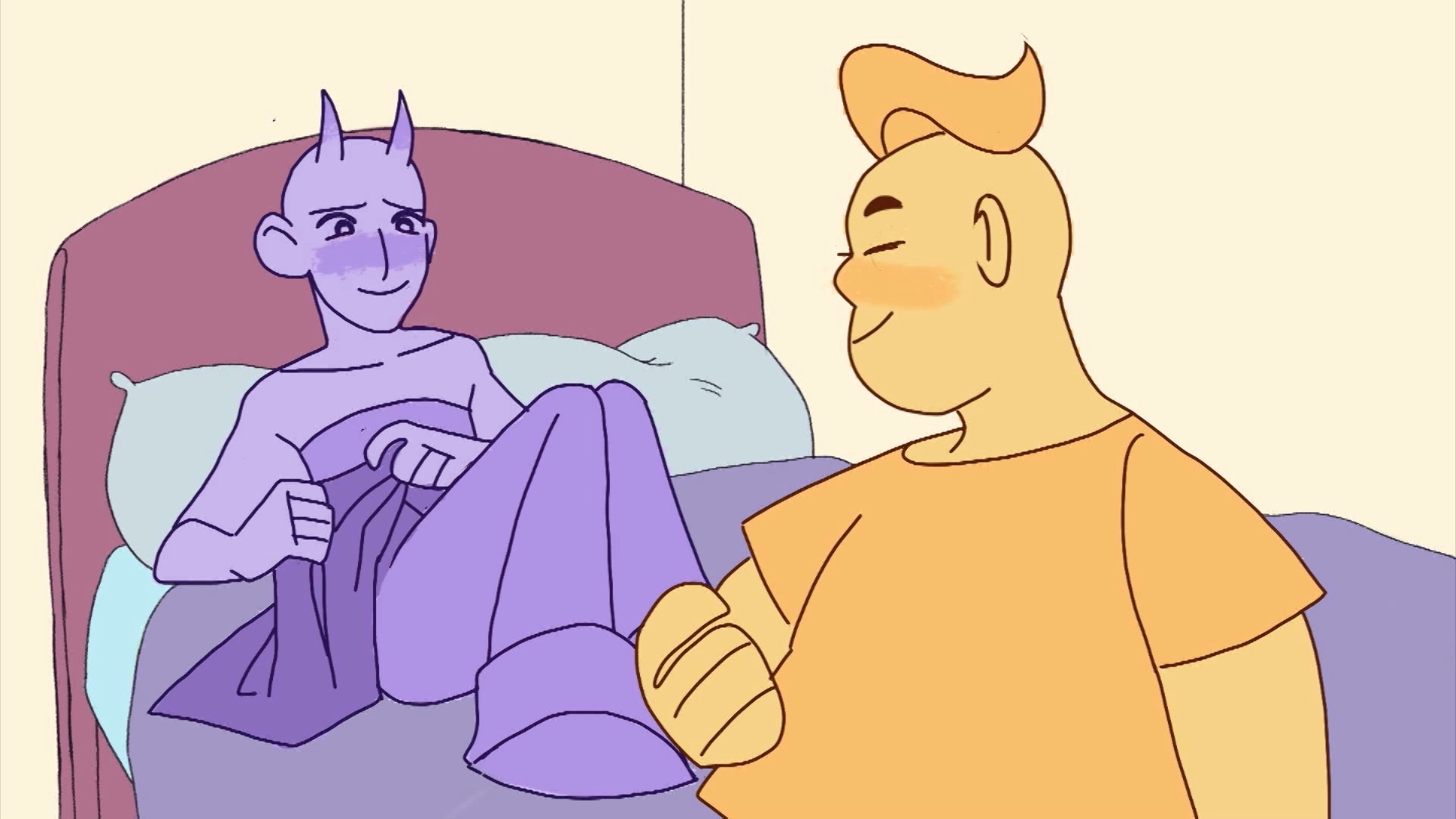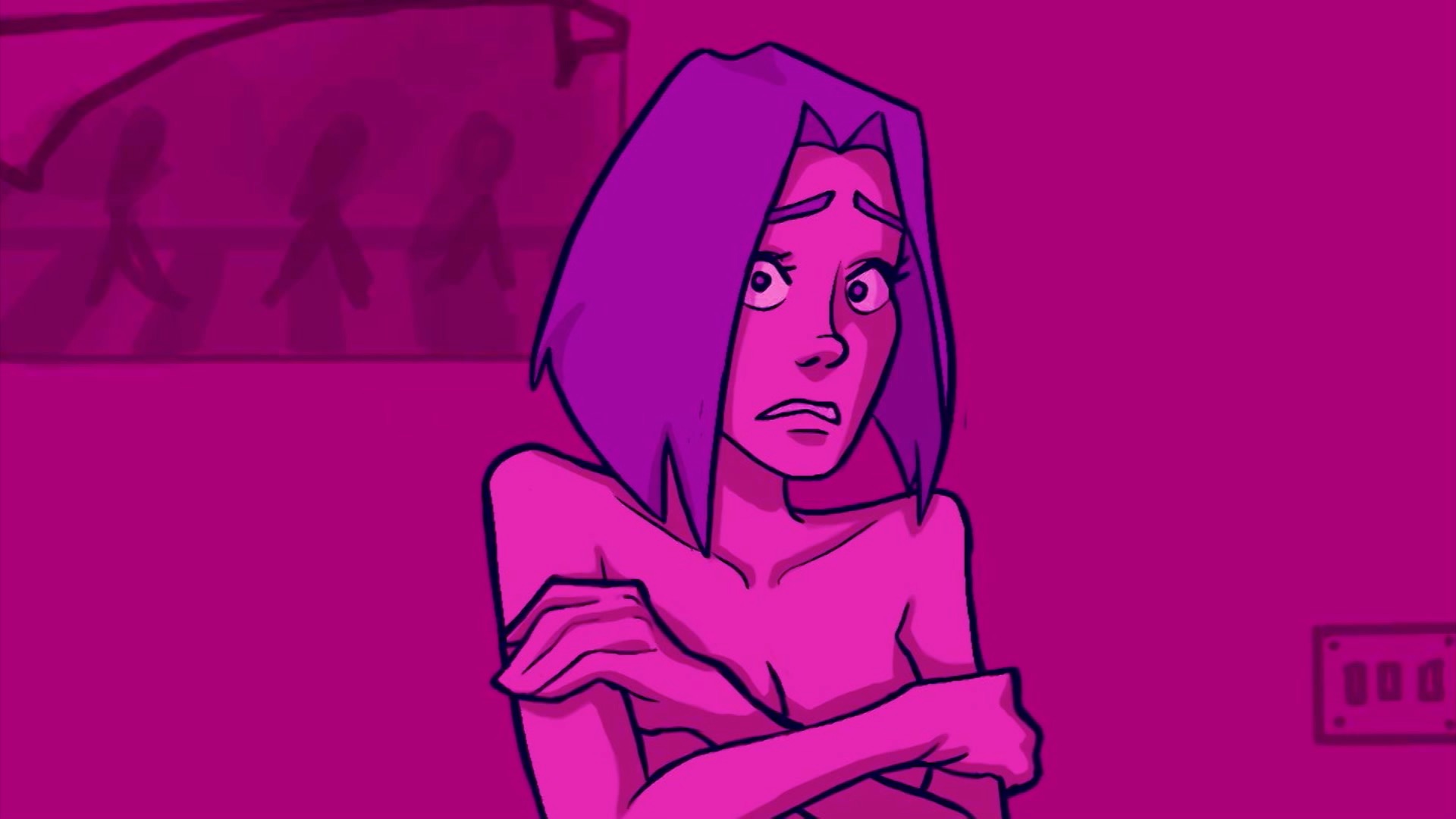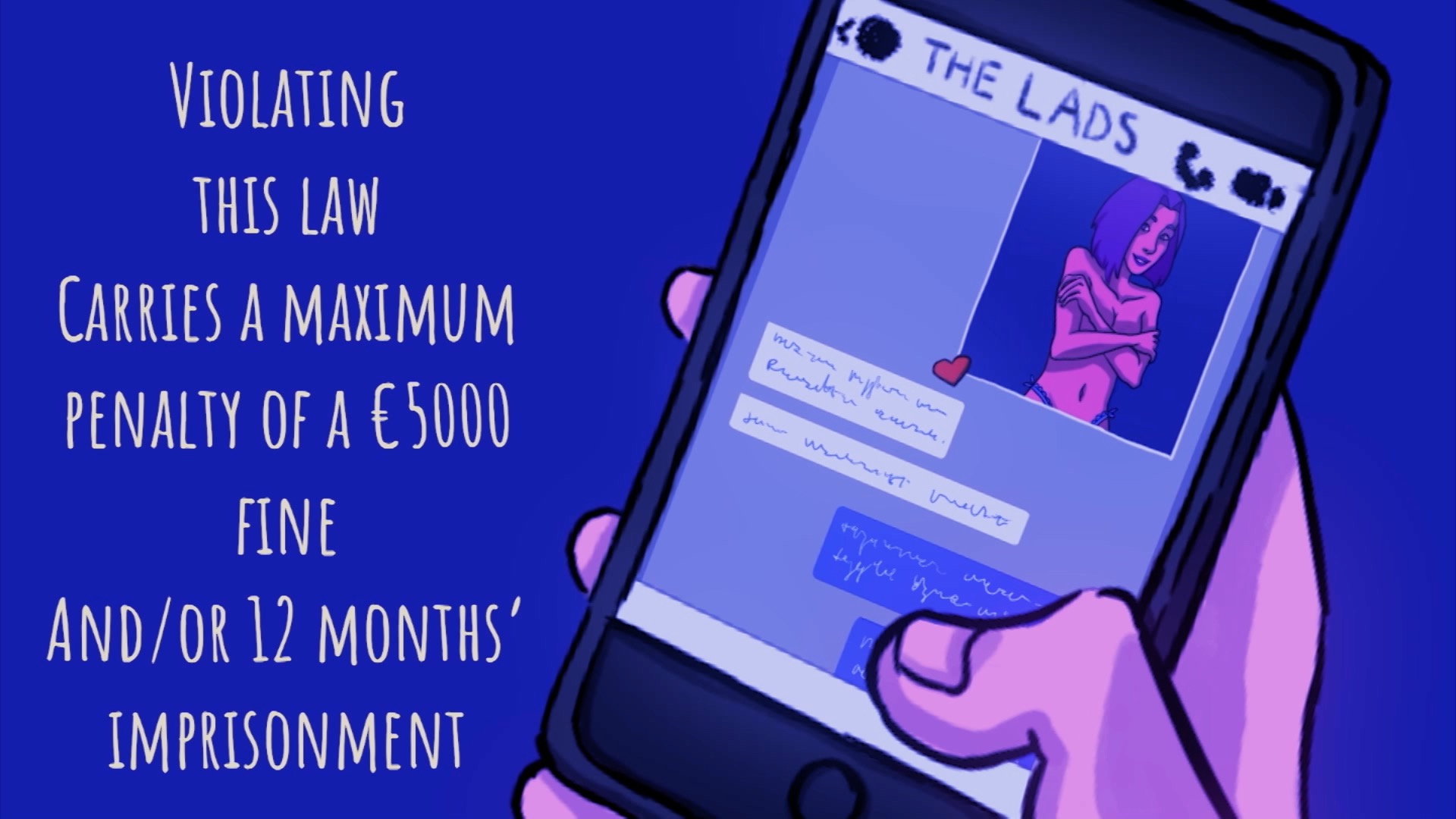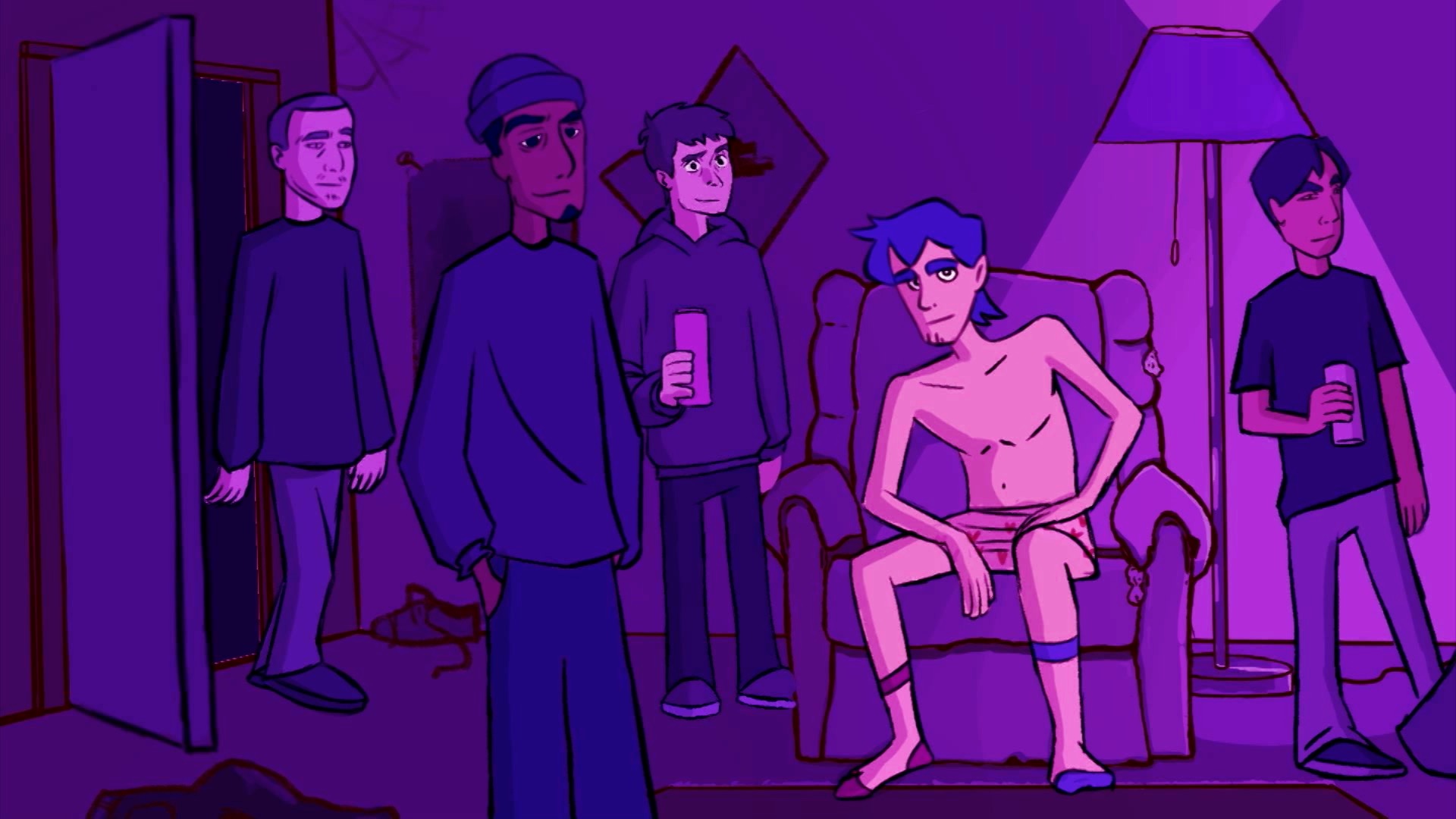
IADT launch Moving Parts
IADT are delighted to formally launch Moving Parts - a series of new short animated and motion graphic videos tackling the topic of consent and telling the stories of survivors of sexual violence and image-based abuse.
Created by IADT Animation students and graduates, Moving Parts was developed in collaboration with NUI Galway’s Active* Consent Programme and UCC’s Bystander Intervention Programme.
These powerful videos are a creative response to the key messages that these two important programmes highlight and aim to bring awareness of these issues to a wider audience.
The videos were created with funding made available by the Higher Education Authority (HEA), under a call for applications promoting the Framework for Consent in Higher Education.
The Moving Parts series is unique as it also includes Irish language voices. The decision was made to translate the videos into Irish in order to raise awareness of consent education and bystander intervention training to Irish language speakers. The videos in Irish are a classroom-friendly tool for educators looking to diversify their teaching content.
In a message of support for the Moving Parts launch, Minister Simon Harris congratulated the IADT animators and the wider project team. He also lauded the bravery of the survivors in sharing their own stories to raise awareness and help others. The Minister continued: “This is the type of project which is key to developing a culture of respect and of integrity within our third level institutions. Relationships and sexuality are key elements of healthy social and personal development in all of our lives. Students need to have the right tools to help their development and to have an understanding of their own sexual health, of sexual health awareness and of relationships.
Experiences of sexual violence or harassment have a hugely negative impact on the individual student’s wellbeing, but also on the academic attainment of a student and indeed the broader college campus. The work being undertaken by the UCC Bystander Programme and by NUIG’s Active* Consent Programme and these animations produced by IADT form an important part of the response to tackling sexual violence and harassment in third level institutions”.
IADT President, David Smith remarked on the importance of the project and the leadership role IADT had in its development: “IADT welcomes the launch of the Moving Parts animation campaign. The creative arts have a powerful role to play in recognising and affirming survivors of sexual violence, and to prevent and respond to sexual violence and harassment in higher education and wider society.
Moving Parts is the latest in a series of IADT animation projects through which graduates and undergraduates communicate and disseminate the work of charities, NGOs, educators and government agencies to specific target audiences. This is true challenge-based learning – students deal directly with partner teams, they design the visual responses with clients and they create the animations guided by the inputs of experts. This is media work with real meaning.”
Dr Charlotte McIvor from NUI Galway’s Active* Consent Programme said: “The arts are a powerful tool in keeping conversations about consent and tackling sexual violence in Irish society active, because they can take big, complex issues and translate them down to an essence which can move individuals and groups on the spot.
“We chose the name Moving Parts to reflect the multi-faceted nature of sexual violence, and how it is influenced by so many different factors, such as social norms, misogyny, and pop culture to name just a few. As a result, efforts to push back against sexual violence need to be done so in a creative and dynamic way through education, policy, and the arts.
Moving Parts allowed us and the UCC Bystander Intervention Programme the chance to see the heart of our programmes reflected back to us, through the craft of these brilliantly talented animators and courageous survivors who offered their stories for the project.”
Professor Louise Crowley from University College Cork’s Bystander Intervention Programme has said of the series: “In developing and delivering programmes to support the education and empowerment of staff and students across the third level sector, visibility and accessibility is crucial. The creation of these incredible animations provides a novel and very effective means of engaging with the sector and to further enhance both understanding and capacity to demand a safe and respectful experience for all and thereby affect real cultural change.”
The Moving Parts animations will be shared freely with the higher education sector and specialist support agencies for their own use, for example, in disclosures training and consent workshops and on social media platforms. The animations will be publicly accessible via the IADT website and YouTube channel.

